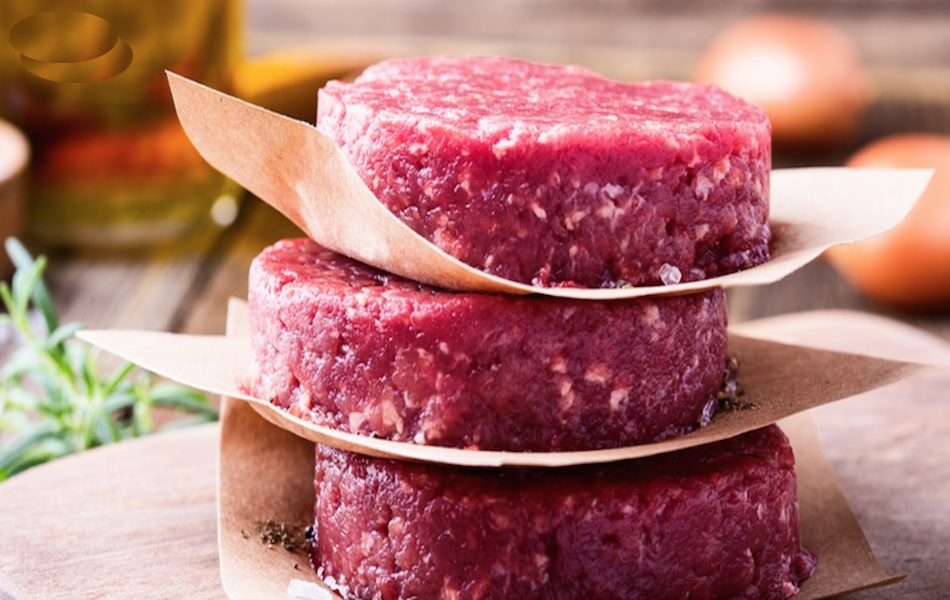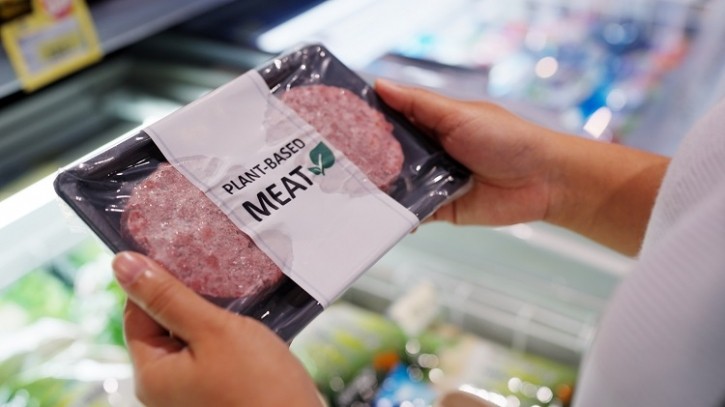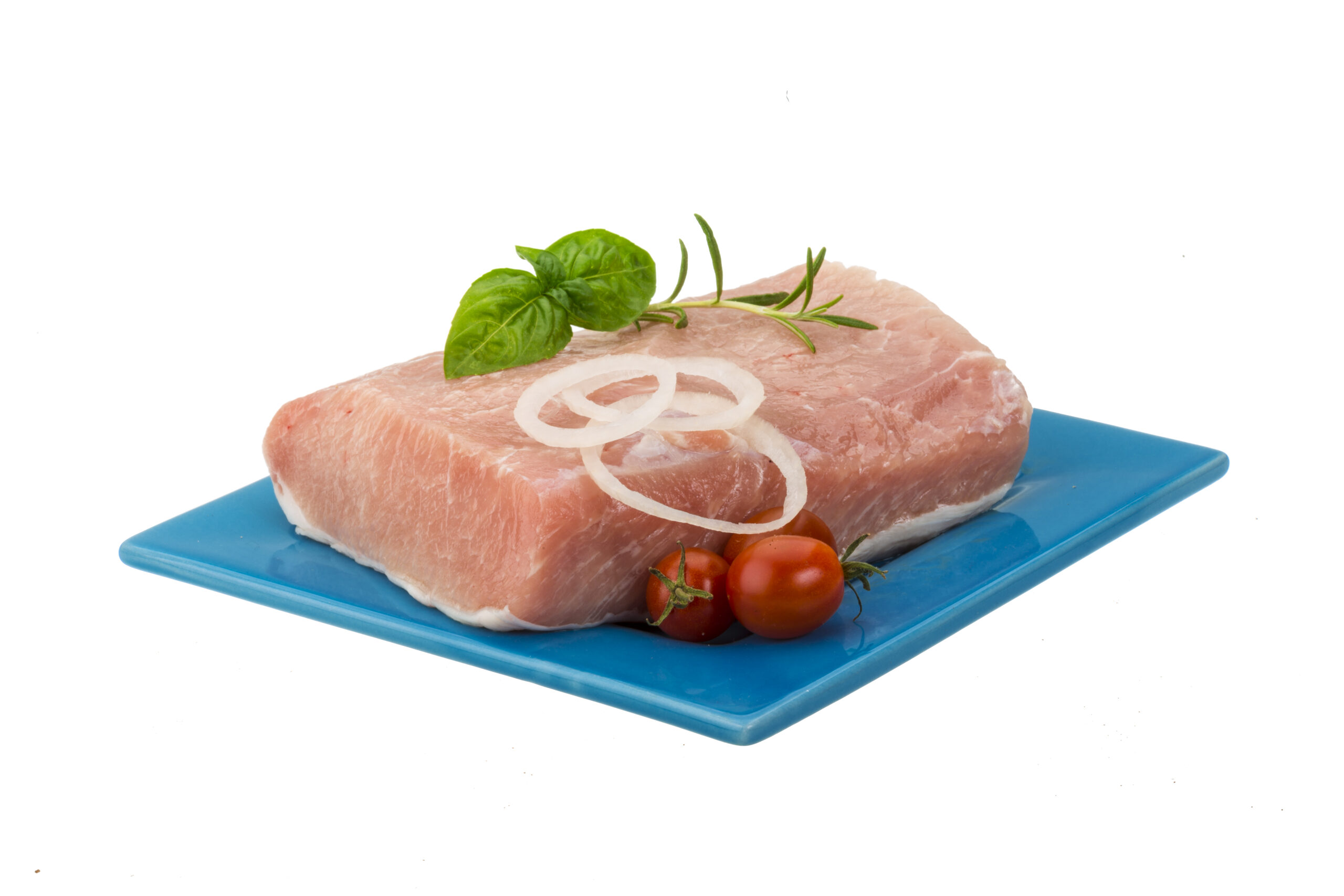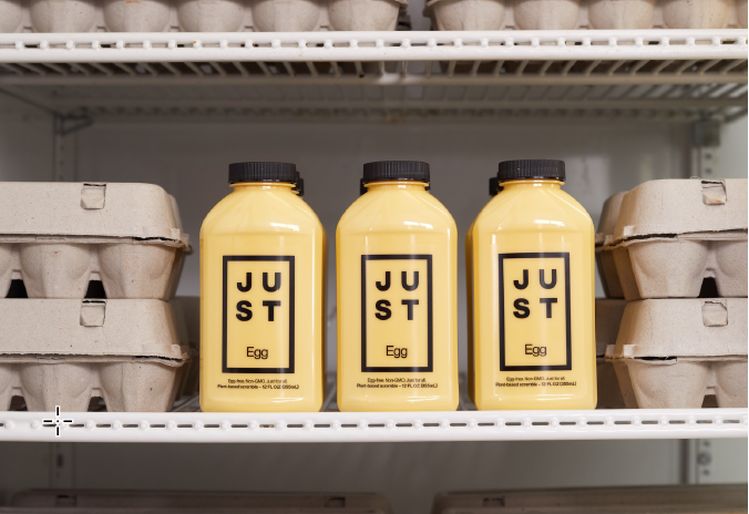A new report by the Good Food Institute (GFI) reveals that European governments are financially committed to sustainable food systems, pledging €477 million (US$523.68 million) thus far. But much more is needed from authorities to support the development of plant-based foods, cultivated meat and fermentation, which can slash greenhouse gas emissions (GHG) and animal suffering, according to the organization.
:no_upscale()/cdn.vox-cdn.com/uploads/chorus_asset/file/24773652/PREVIEWS_GOOD_Meat_at_China_Chilcano__June_2023____Photos_by_Ana_Isabel_Martinez_Chamorro_16.jpg)
The report, which tracks global policy developments in the sustainable protein sector, shows that European governments are leading the way in public investment in these innovative ways of producing meat, seafood, eggs and dairy.
In 2022 alone, the investment amounted to €370 million (US$406.28 million), over half of the estimated global investments of €576 million (US$635 million).
The report highlights two European countries that broke global records in funding sustainable proteins last year. Denmark announced approximately DKK675 million (US$99.45 million) to support its plant-based sector and encourage farmers to grow protein-rich crops and the Netherlands launched the Cellulaire Agricultuur Nederland program.

The Netherlands’ initiative provides €60 million (US$65.89) to speed up the development and market entry of lab-grown meat and targeted fermentation and educate the sector’s workforce. This month, the country became the first in Europe to greenlight cultivated meat and seafood tastings.
“The plant-based sector requires massive investment in infrastructure, training the workforce and optimizing processing techniques, as well as exploring a wider range of protein sources,” Acacia Smith, senior policy manager at GFI Europe, tells Food Ingredients First.
“The cultivated meat sector needs open-access research in areas including reducing the cost of cell culture media – the nutrients cells need to grow – and building larger fermentors that can produce more meat. And the fermentation sector requires the construction of large-scale facilities to ramp up production.”

“We urgently need to see further investment from governments and the food industry across all these areas, enabling these sectors to deliver sustainable products that taste as good and are as affordable as conventional meat, seafood, eggs and dairy.”
** Click here to read the full-text **









